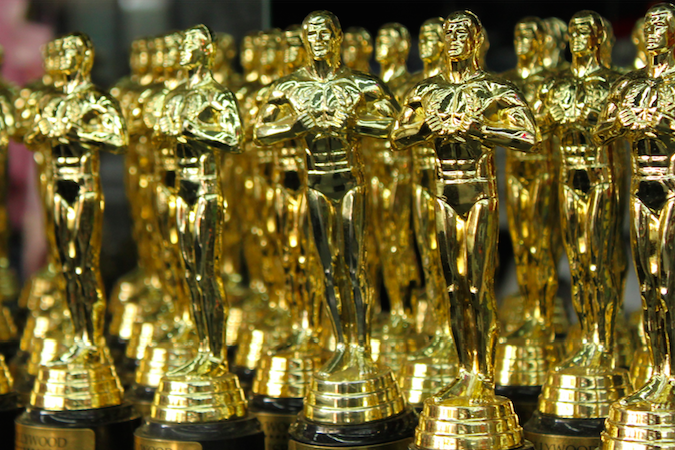The Oscar Outrage
The Oscars, or the Academy Awards, is an awards ceremony held annually to honor outstanding cinematic performances in the film industry. When the 2016 Oscar nominations were published earlier this year, outrage surfaced over social media. The reason being that this is the second time in a row where there are no people from black or ethnic minorities included among the 20 acting nominees.
The last few months have seen an increase in racial, religious, and political tension in regions all over the world. Instability in communities due to gun violence, terrorism, protests, and rallies, has made matters, especially for minorities, even more volatile. The Oscars reflect this tension. While the lack of diversity in the nominations simply could be a matter of sheer merit, talent, chance, or luck, some actors such as Will and Jada Smith went so far as to boycott this year’s Academy Awards ceremony. Will Smith also said in an interview that “this is about children who are going to sit down and they are gonna watch this show and they are not going to see themselves represented.” He also remarked that “diversity is the American superpower.”
Questions have also been raised concerning the amount of diversity in the members of the Academy. The organization does not publicly reveal its membership, but according to a report in 2012 by the Los Angeles Times, 94 percent of voters were white. The report also states that approximately 77 percent of the members were male, with a median age of 62. Just 14 percent of the members were of ages below 50. Furthermore, black actors and filmmakers made up about 2 percent of the Academy, and Latinos were even less than that.
According to the information provided by this report, the membership of the Academy does not seem to represent the immense multiculturalism present in the film industry. One would think that it would only be appropriate, if not more logical, for there to be diversity in the Academy for it to be able to impartially nominate and vote for deserving filmmakers, actors, and directors from all the different backgrounds in the entertainment business. “We must work with the Unions and the Guilds as well as schools across the country to identify and cultivate the talent of African Americans, Hispanics, Asians, women, LGBTs, the disabled and all under represented groups. And then we have to allow them access to every single aspect of film-making,” says Hawk Koch, the former president of the Academy.
That being said, the sudden furor over the Oscar nominations this year is not just regarding the infamous award ceremony itself. As Mark Ruffalo tweeted, “the Oscar ban movement reflects a larger discussion about racism in the criminal justice system.” In other words, the decision of actors to boycott the Oscars reflects the greater problem of racial discrimination, and political tension which society faces today.
Sources: usatoday.com, theguardian.com, dailymail.co.uk, latimes.com

In her second year of The Talon, Saniya, a senior, is thrilled to serve as the News Editor. Having been a Features writer previously, she is accustomed...









